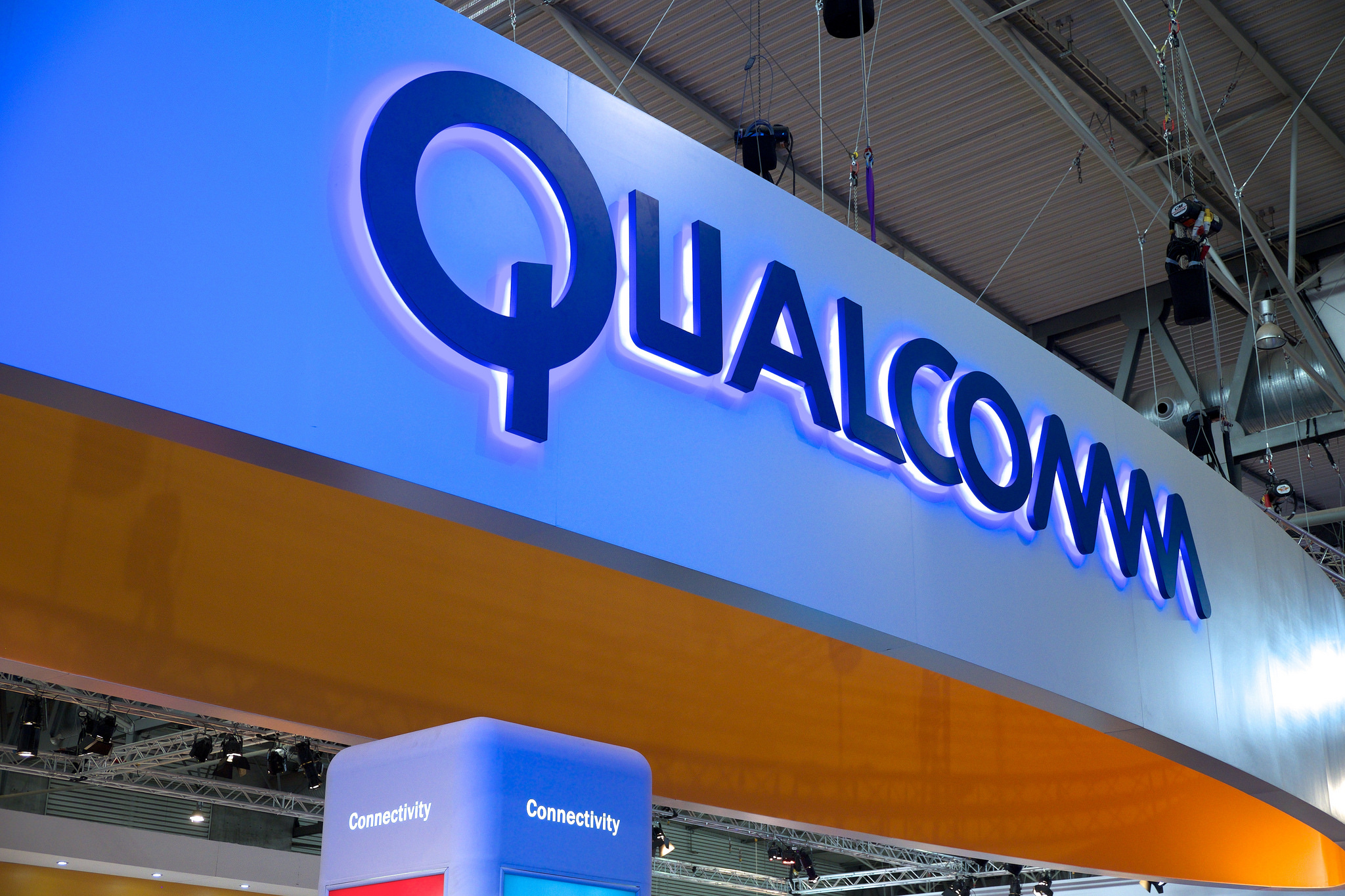 INFRA
INFRA
 INFRA
INFRA
 INFRA
INFRA
Apple Inc. has escalated its argument in its patent royalties case against Qualcomm Technologies Inc. with a new filing arguing that its licensing agreement with the chip maker is invalid because it constitutes illegal double-dipping.
The $1 billion lawsuit, filed by Apple in January, alleges the Qualcomm has been charging over-the-top patent licensing fees for years as one of its conditions for allowing the use its microprocessors in its iPhones and iPad devices. In this case, Qualcomm charges Apple for the chips, then subsequently charges a royalty fee for the use of those chips, a practice Apple now argues is illegal.
According to Reuters, Apple’s new allegations have come about following the Supreme Court ruling in the Lexmark International Inc. v. Impression Products Inc. case, which found that once a printer cartridge is sold, the manufacturer of the cartridge has no legal say on how the cartridge is subsequently used. Apple argues that the ruling means that Qualcomm is entitled to only “one reward” for its intellectual property and products, that is either a payment for the chip or the patent license, but not both.
“This is precisely the kind of double dipping, extra-reward system that the court’s decision sought to eliminate,” Apple argued.
Although Apple is arguing that the ruling means one form of payment or the other, its endgame is to gain the legally enforced ability to buy chips from Qualcomm without having to sign a licensing agreement that forces it to pay a royalty fee on every iPhone sold.
Apple also asked the court in intercede and stop lawsuits Qualcomm has filed against Foxconn Technology Group, Pegatron Corp., Wistron Corp. and Compal Electronics, contract makers that assemble its devices, on the same grounds. In those cases, Qualcomm argued in a May filing that all four companies were in breach of contract for withholding $1 billion in royalty payments.
“It is unfortunate that we must take this action against these long-time licensees to enforce our agreements, but we cannot allow these manufacturers and Apple to use our valuable intellectual property without paying the fair and reasonable royalties to which they have agreed,” Qualcomm said at the time.
The case remains ongoing.
THANK YOU